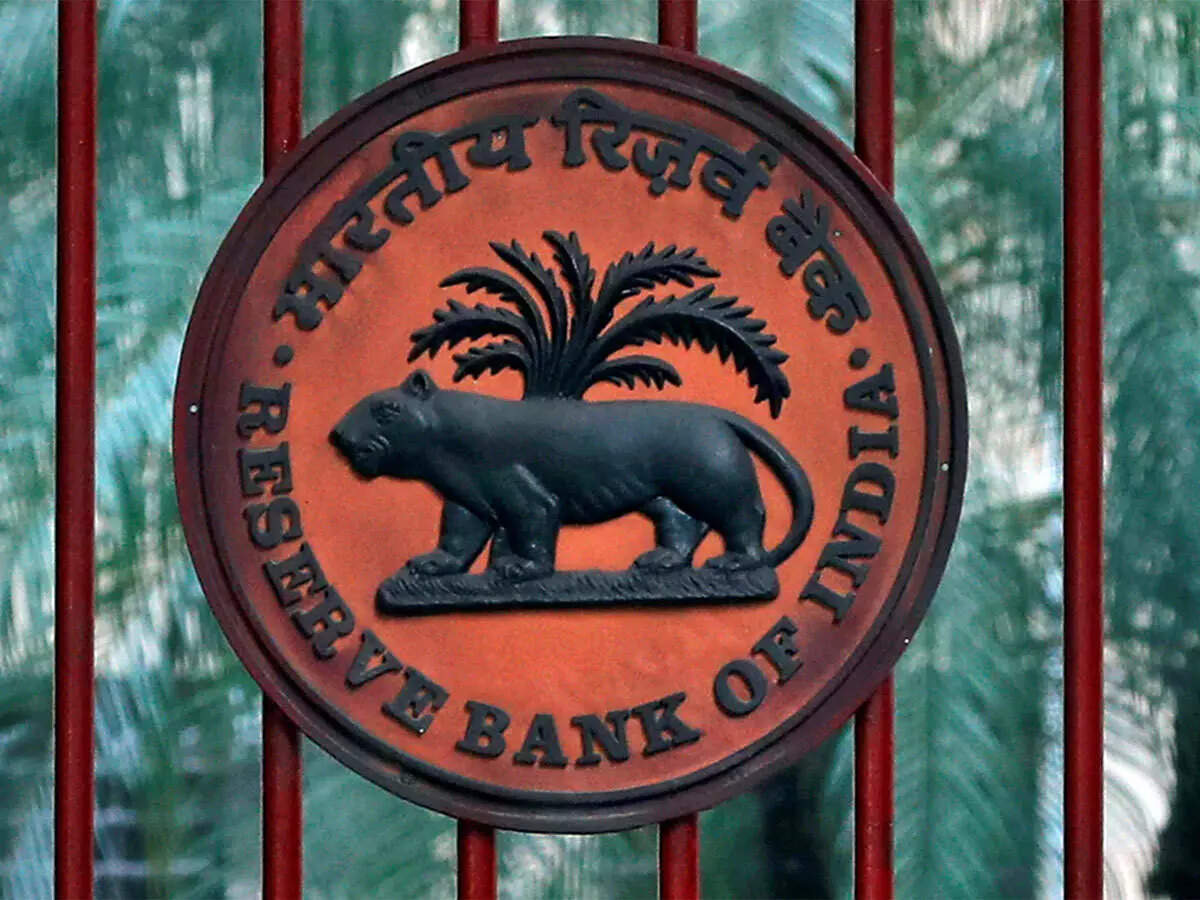Depositors of
PMC Bank are set for an agonising wait of ten years till they get their money back.
The Reserve Bank has come out with a draft scheme for the takeover of the crisis-hit PMC Bank by the Delhi-based Unity Small Finance Bank (USFB).
The draft scheme of amalgamation envisages the takeover of the assets and liabilities of PMC Bank, including deposits, by USFB, thus giving a greater degree of protection for the depositors, the RBI said.
In a statement issued later, USFB said with the draft scheme ’96 per cent of all depositors will get immediate access to their full deposits’.
It said 99 per cent of the retail depositors will be paid in full by the fifth year and 100 per cent of retail depositors to be paid in full by the tenth year.
Retail depositors
According to the scheme deposits up to Rs 5 lakh can be claimed by depositors over a period of three to ten years.
The scheme says that depositors can claim up to Rs 50,000 at the end of three years and further can claim Rs 1 lakh at the end of four years, Rs 3 lakh at the end of five years and Rs 5.50 lakh at the end of 10 years. The RBI had doubled the amount depositors can withdraw from PMC Bank to Rs 1 lakh from Rs 50,000 in June 2020, allowing more than 84% of the depositors to withdraw their entire account balance.
RBI said the above limits are for depositors are over and above the withdrawals already made.
According to this schedule, the entire remaining deposits of PMC Bank depositors will be paid back within 10 years from the date the central government notifies this scheme of amalgamation. Further, the central bank has clarified that interest on these deposits shall not accrue after March 31, 2021, for five years.

“No further interest will be payable on the interest-bearing deposits of transferor bank for a period of five years from the appointed date. Provided further that interest at the rate of 2.75 per cent per annum shall be paid on the retail deposits of the transferor bank (PMC) which shall be remaining outstanding after the said period of five years from the appointed date. This interest will be payable from the date after five years from the appointed date,” RBI said.
Institutional depositors
About 80% of uninsured institutional deposits will be converted into Perpetual Non-Cumulative Preference Shares (PNCPS) of Unity SFB with dividend of one per cent per annum payable annually.
After ten years from the appointed date, Unity SFB may consider additional benefits for PNCPS holders either in the form of providing a step up in coupon rate or a call option, upon receipt of approval from the Reserve Bank.
The remaining 20% of the institutional deposits will be converted into equity warrants of Unity SFB at a price of Re.1 per warrant. These equity warrants will further be converted into equity shares of the Unity SFB at the time of the Initial Public Offer (IPO) when it goes for one.
“In respect of every other liability of the transferor bank (PMC) the transferee bank (Unity) shall pay only the principal amounts, as and when they fall due,to the creditors in terms of the agreements entered between them prior to the appointed date or the terms and conditions agreed upon,” RBI said.

In June, RBI had given an in-principle approval to Unity SFB, a joint venture of Centrum Financial Services and Resilient Innovations Pvt. Ltd which runs payments company BharatPe to take over PMC. Unity started operations as recently as November 1.
PMC Bank had 137 branches and deposits of around Rs 11,600 crore, at the time restrictions were announced.
Employees
The draft also said all the employees of the PMC Bank shall continue in service on the same remuneration and terms and conditions of service for three years from the appointed date.
“The draft scheme provides much needed relief and clarity to over 1,100 PMC Bank employees, who will remain employed and continue uninterrupted service to clients,” USFB said in the statement.
The RBI said, “The transferee bank (USFB) may discontinue the services of the key managerial personnel of the transferor bank after following the due procedure at any time, after the appointed date, as it deems necessary and providing them compensation as per the terms of their employment”.

